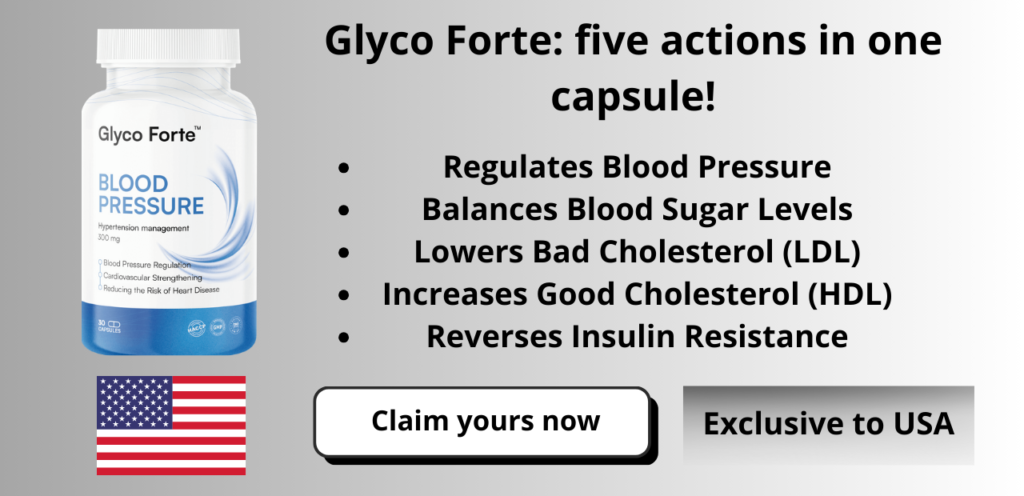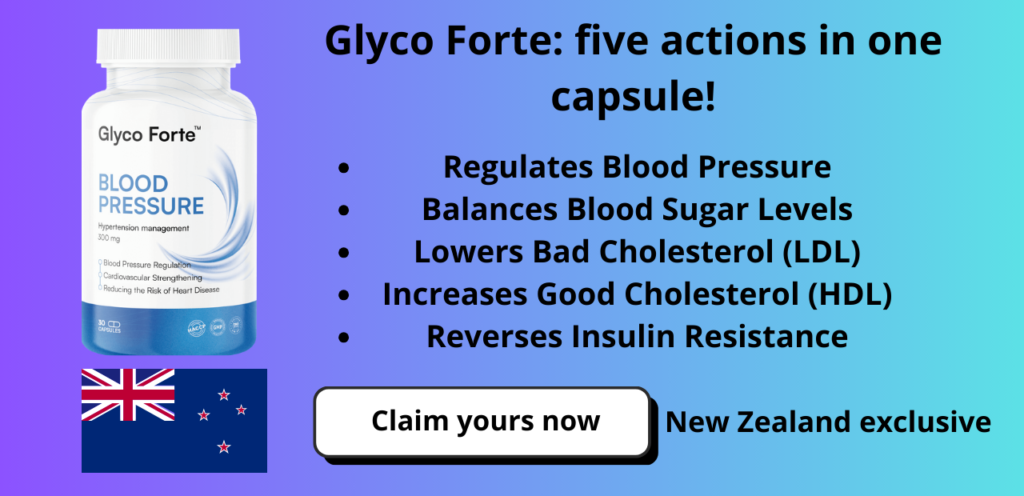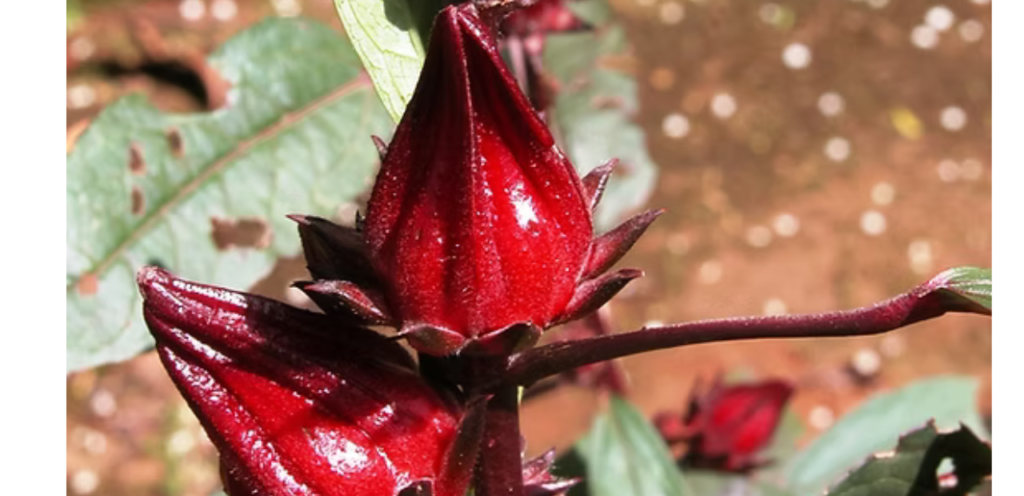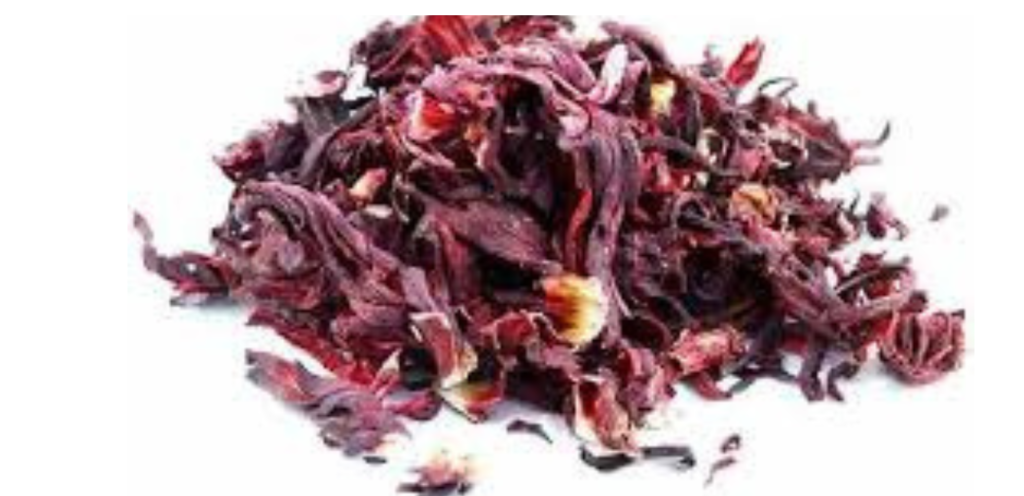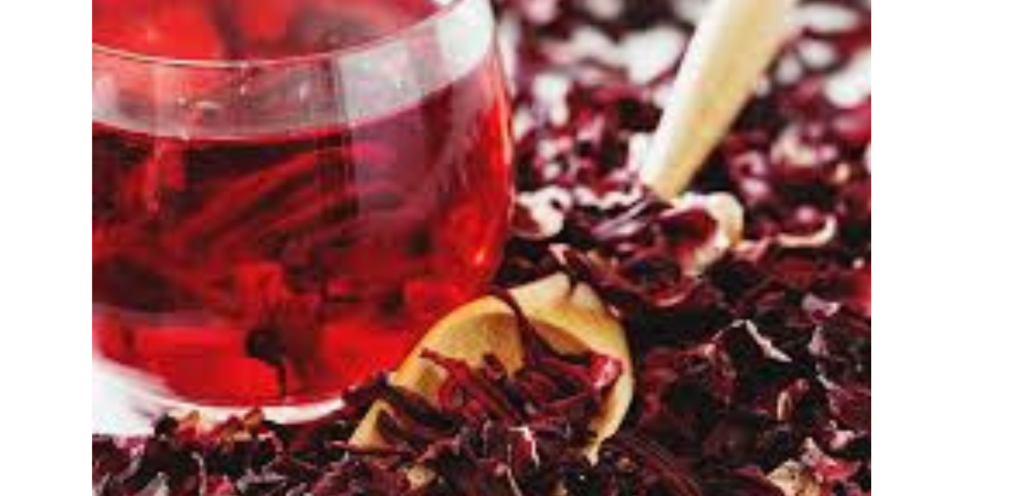
Berberine has hypoglycemic properties and can benefit lipid metabolism. It influences anti-diabetic mechanisms and also works as an antioxidant and anti-inflammatory.
“Discover the incredible power of this herb that has been used for millennia by various cultDiscover the incredible power of this herb that has been used for millennia by various culturesures”
What is Berberine?
Berberine is a natural compound belonging to the isoquinoline class.
It is found in various plants, especially in species of the Berberis genus, such as Berberis vulgaris, also known as barberry.
This alkaloid has a rich history in traditional medicine, particularly Ayurvedic and Chinese medicine, where it has been used to treat numerous health conditions.
Traditionally, berberine is recognized for effectively treating gastrointestinal disorders and infections and providing significant support for cardiovascular health.
Its antimicrobial and anti-inflammatory properties greatly contribute to its acceptance in natural medicine.
Its mechanism of action primarily aids in controlling high blood pressure and reducing blood sugar levels, essential factors in managing metabolic and cardiovascular diseases.
Main Health Benefits of Berberine
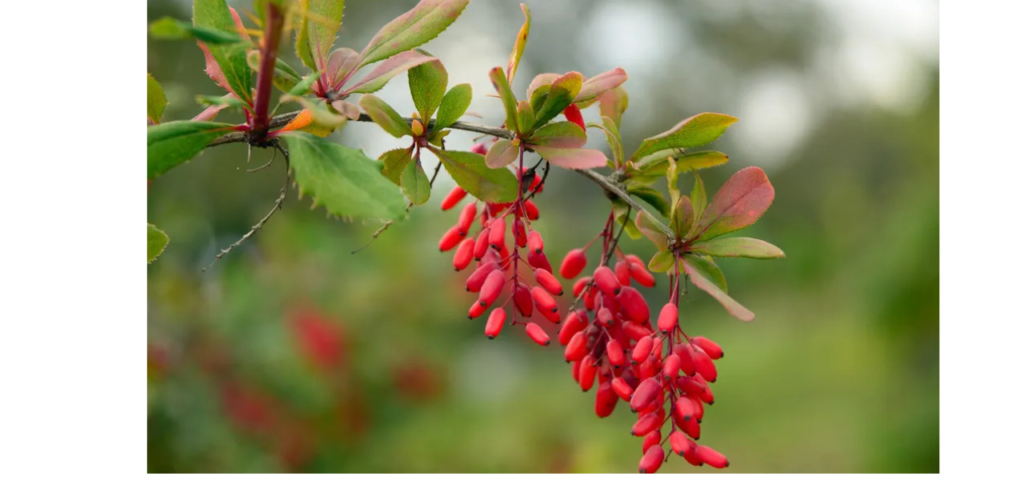
“Berberine: a simple plant that hides an incredible anti-oxidant and anti-inflammatory potential.”
The health benefits of berberine are increasingly recognized by the scientific community, especially due to its positive impact on several health conditions, including:
- Blood Sugar Control: Berberine effectively manages blood sugar levels, making it a valuable supplement for individuals with type 2 diabetes or pre-diabetes.
- Cardiovascular Health: By reducing chronic inflammation and improving lipid profiles, berberine helps prevent cardiac complications by lowering LDL cholesterol and triglycerides.
- Weight Loss and Fat Burning: Studies suggest that berberine can boost metabolism, assisting in fat burning and enhancing the effectiveness of the weight loss process, particularly in reducing abdominal fat.
How to Use Berberine Safely and Effectively
To maximize the benefits of berberine, follow these practical recommendations:
- Recommended Dosage: Generally, a daily dosage between 900 mg and 2,000 mg is recommended, divided into smaller doses taken during meals to optimize absorption and effectiveness.
- Forms of Consumption: Berberine is available in various forms, including capsules, powders, and liquid extracts. Capsules are convenient for daily use, while the powder can easily be added to drinks or smoothies.
- Healthy lifestyle: combine berberine supplementation with a balanced diet and regular physical activity.
- Supplements such as alpha lipoic acid and magnesium can further enhance their effects on blood sugar control and weight loss.
Precautions and Possible Side Effects
While beneficial, some precautions should be taken when using berberine:
- Gastrointestinal effects: Can sometimes cause diarrhea, constipation, or abdominal discomfort. It is recommended to start with lower doses and increase them gradually.
- Drug Interactions: It can interact with medications used to control blood sugar and high blood pressure. Individuals on medication for these conditions should seek medical advice before starting supplementation.
- Contraindications: Pregnant or breastfeeding women and individuals with liver or immune system issues should avoid supplementation without medical guidance.
Final Considerations
Integrating berberine into your routine can provide significant benefits for managing high blood pressure, reducing blood sugar, improving cardiovascular health, and aiding in fat burning.
However, it is crucial to seek professional advice to ensure safe and effective supplementation.
Take advantage of berberine’s therapeutic potential to improve your quality of life naturally and healthily!
Contraindications
Not recommended for pregnant or breastfeeding women or individuals with specific medical conditions, especially liver or immune-related diseases.
To ensure safety and effectiveness, it’s crucial to begin using berberine under medical guidance, closely monitoring potential adverse reactions and ensuring its benefits outweigh any risks.
Integrating berberine into your routine can offer significant benefits for cardiovascular health, blood sugar control, and weight loss when used correctly and under appropriate supervision.
Enhance Your Results Even Further!
If berberine alone can provide substantial benefits, imagine combining it with other powerful ingredients capable of enhancing your results even more:

Yes, it’s possible to unite all these extraordinary ingredients, and more, into one single product that can accelerate your treatment outcomes.
Click the button below to learn more!
Disclaimer:
This article is for informational purposes only. Always seek medical advice for treatments and prescriptions.
